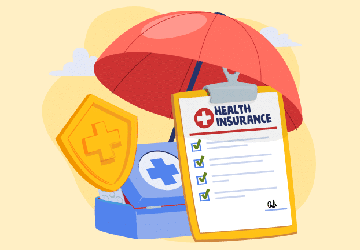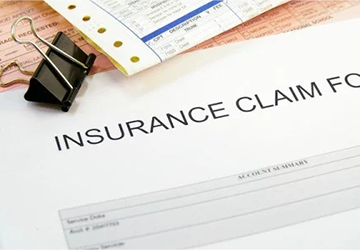4 Techniques for Negotiating Better Insurance Settlements
Have you ever had to deal with an insurance company when settling an accident or other issue? It can be unpleasant and stressful, especially during negotiations.
What is the best and most efficient way to negotiate with the company and ensure you get what you deserve? The sad thing is that most people struggle with precisely this.

However, what if we told you that you could use something more efficient to secure your success? This blog post will teach you the four most potent strategies for getting better insurance settlements.
With the information provided in this blog, you’ll feel confident to discuss and argue with any insurance company. So, what are we waiting for? Let’s go!
4 Techniques for Negotiating Better Insurance Settlements
We will now explain the techniques that enable you to secure improved settlements. The following are four tried and tested methods to negotiate like a pro;
1. Gather Strong Evidence
Finding and presenting reliable evidence is one of the most essential elements of effective negotiation. You must keep detailed case records, including medical bills, police reports, witness statements, and incident photos.
The more evidence you have, the more difficult it will be for the company to reject your claim or offer a lowball settlement. Please keep all your documentation organized and readily accessible during the negotiation process so you can refer to it as needed.
Consider using expert witnesses, such as doctors or accident reconstruction specialists, who can offer professional opinions on the incident; this will help persuade the insurer that your claim is legitimate and indisputable.
2. Know Your Bottom Line
Whatever the negotiation, you must be aware of the terms you are willing to abide by; this implies that you need a clear understanding of your damage losses, which comprise economic losses, such as medical bills and lost wages, but also non-economic losses, such as pain and suffering.
First, you establish a figure to which you add a contingency to factor in the probability of compromising; this becomes your bottom line, which is the minimum you can accept.
It helps you focus on negotiations and prevents you from accepting the minimal offer and being desperate for any sum.
3. Don't Jump at the First Offer
The last tip about the settlement is directly related to the actions of the insurance adjuster. It is essential only to accept the first offer, as the second and even the third will typically be much better.
Initial offers often have a lowball figure attached, and the adjuster uses the inexperienced claimant’s potential despair to accept the deal without any further questions.

Consequently, the claimant is often secured more significantly after the negotiation. Present the counteroffer independently from the estimated better deal to improve the potential offer.
4. Be Willing to Seek Legal Help
Another unpleasant situation: the insurance company is intractable, and no matter how skilled you are in negotiating, you can not reach any compromise, and they need to offer you adequate conditions. Then, it would help if you had a legal ally in your struggle.
An experienced lawyer can be a significant argument in the negotiation process. Many such professionals work on the bounty system: you pay the lawyer only if he wins in court for you.
Sometimes, it is enough just to threaten the insurer, and you can invite an advocate in court to get them to increase their payments.
Take Action Today for Better Insurance Settlements
Now that you've learned these four potent techniques for negotiating higher settlements, it's time to implement them.
However, it would be best to immediately identify these opportunities before you have a claim in progress. The earlier you start improving, the more successful you will be when it's time for you to perform.
Remember, dealing with insurance agencies may be daunting, but you have more leverage than you believe.





